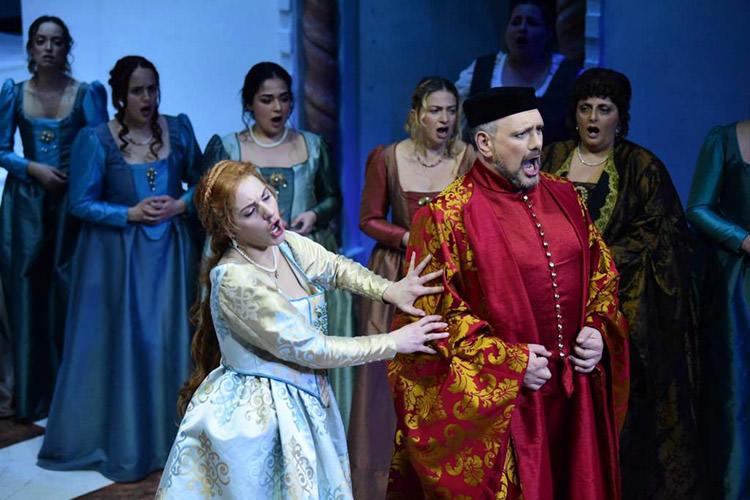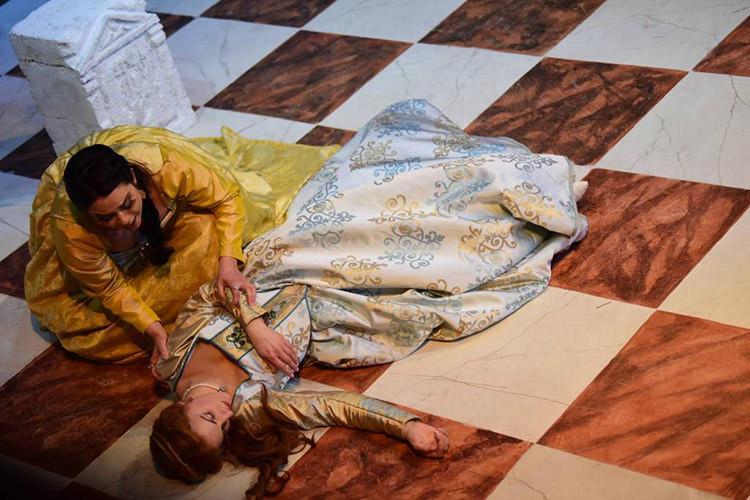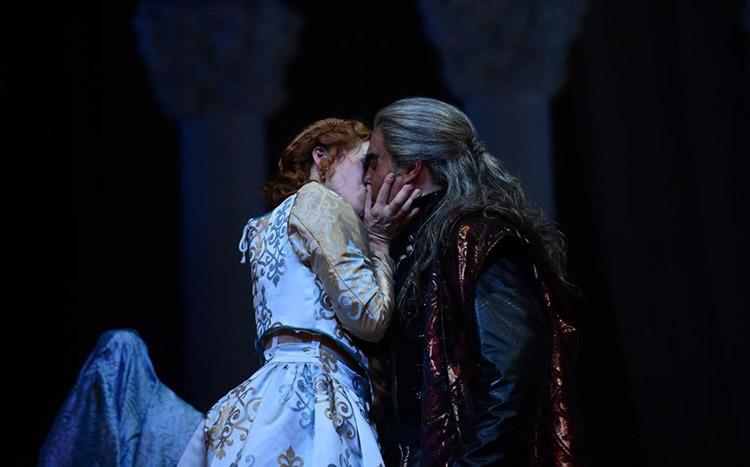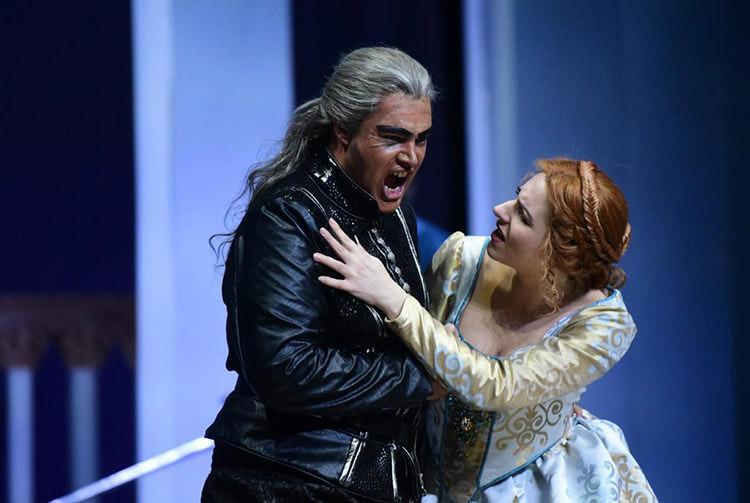Decoding the music masterpieces Rossini’s opera, Otello
Otello, an opera composed by Gioachino Rossini, stands as one of the renowned masterpieces in the world of opera. Premiered in Naples, Italy, in 1816, Otello showcases Rossini's exceptional talent for composing gripping and emotionally charged music. While the opera is based on the same source material as Shakespeare's famous tragedy, Rossini's interpretation brings its own unique qualities and innovations to the story. Let's delve into the fascinating world of Rossini's Otello and explore its captivating music and dramatic elements.
The libretto of Otello was written by Francesco Maria Berio di Salsa, based on the play "Othello" by William Shakespeare. While the story follows the general narrative of Shakespeare's tragedy, Berio di Salsa made several changes to suit the operatic format. The plot centers around the tragic love story of Otello, a Moorish general in the Venetian army, and his wife Desdemona, manipulated by the villainous Iago. The libretto focuses on the themes of jealousy, betrayal, and the destructive power of unchecked emotions.

Otello is structured into two acts, each consisting of multiple scenes. Act I sets the stage by introducing the characters and their relationships, culminating in the dramatic entrance of Otello. The act features notable moments such as the storm scene, where Rossini's orchestration vividly depicts the turmoil and chaos surrounding Otello's arrival.
Act II delves deeper into the emotional conflicts among the characters. Standout moments include Desdemona's tender aria "Assisa a piè d'un salice," where she sings of her love and devotion, and Otello's intensely dramatic "Dio mi potevi scagliar," expressing his torment and suspicion. The act builds to a climactic finale with the powerful ensemble "Già nella notte densa," as Otello confronts Desdemona and Iago's schemes begin to unravel.
Rossini's music in Otello reflects his mastery of the bel canto style, characterized by melodic richness, vocal virtuosity, and expressive ornamentation. The opera features arias, duets, ensembles, and choral sections that showcase the singers' vocal prowess and dramatic abilities.

Rossini's skill in writing for the voice is evident in the challenging and captivating vocal lines. The arias are filled with coloratura passages, allowing the singers to display their agility and control. At the same time, Rossini deftly intertwines moments of lyricism and introspection, offering emotional depth to the characters' music.
Otello is a demanding role for the tenor protagonist, requiring a singer with exceptional vocal range, flexibility, and dramatic intensity. The character's music reflects the emotional turmoil he experiences, ranging from heroic and commanding moments to tender and vulnerable passages.
Desdemona, portrayed by a soprano, also has a significant vocal and dramatic role. Her music exhibits grace, innocence, and vulnerability, contrasting with the darker tones of Otello's music. Iago, a baritone, is the embodiment of malevolence and cunning, and his arias and ensembles reveal the character's manipulative nature.

Several arias and ensembles in Otello have become popular stand-alone pieces in the operatic repertoire. The aforementioned "Assisa a piè d'un salice" is a poignant moment for Desdemona, where she laments her impending fate. Otello's "Che ascolto? Ahimè, che dici?" is a powerful aria that showcases the character's vulnerability and inner turmoil.
The ensemble "Non m'inganno," featuring Otello, Iago, and Desdemona, is a thrilling confrontation between the main characters. The quartet "Che! t'ho veduto…Oh gioia!" is another standout moment, highlighting the emotional complexity and intertwining relationships of the characters.
Upon its premiere, Otello enjoyed considerable success and solidified Rossini's reputation as a leading opera composer of his time. While overshadowed by Verdi's later adaptation of the same story, Rossini's Otello continues to be performed and appreciated by opera companies and audiences worldwide.

Rossini's Otello represents a remarkable musical achievement, capturing the essence of Shakespeare's tragedy while infusing it with the composer's own dramatic and melodic flair. The opera stands as a testament to Rossini's ability to create compelling characters, craft emotionally charged music, and captivate audiences with his masterful composition.
Whether experienced in its entirety or through its individual arias and ensembles, Rossini's Otello remains a powerful and enduring work in the operatic repertoire. Its exploration of human emotions, moral dilemmas, and the destructive power of jealousy continues to resonate with audiences, making it a timeless masterpiece of the operatic canon.
Above photos are from Rossini’s Otello performance at Manoel Theater in Malta staged by director Vivien Hewitt. (Photo credits: Mark Zammit Cordina)
Our website respects the intellectual property rights of creators, as well as the music rights of authors and composers.
The musical works are provided solely for the private use of each visitor/user
and any further exploitation of them in any way is prohibited without prior permission from AUTODIA and EDEM Rights.
Radio Art is fully approved by the Greek Collective Rights Organizations | AUTODIA | EDEM Rights
Copyright © RABS - Radio Art Broadcasting services Ltd. All rights reserved.
The Art of Relaxing & Meditation Music
Privacy Policy & TOS








